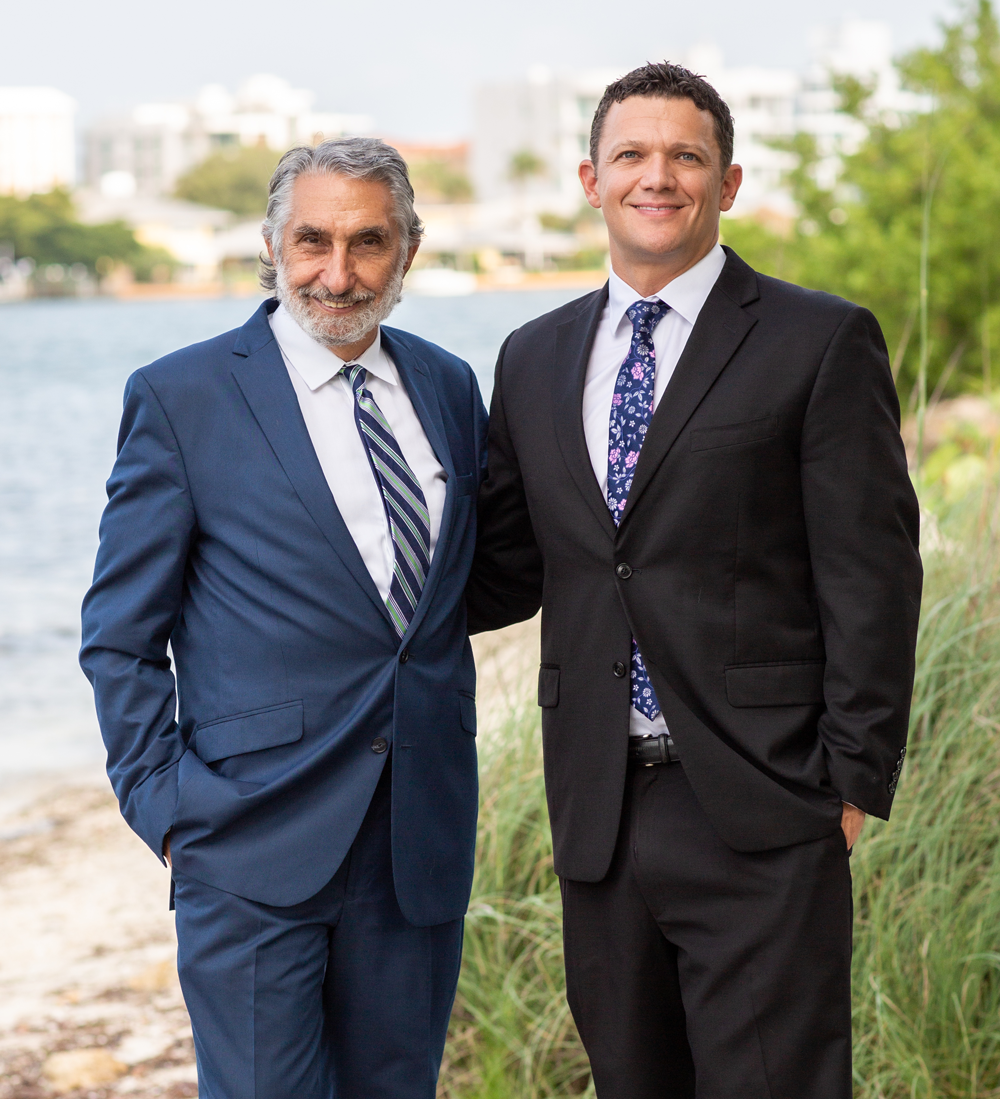This is part 3 of a series on the most commonly asked questions in personal injury law. To read our earlier posts, click the following links for Part 1 and Part 2. Remember, the law is always changing – so if you have specific questions, be sure to call our offices for the most tp-to-date and relevant information.

- Can I Sue a Government Entity? Suing a government entity in Florida involves unique challenges and shorter deadlines for filing a notice of claim. For example, sovereign immunity laws limit the types of cases and the amount of damages that can be claimed. However, you should never feel discouraged to reach out to an attorney to discuss the options available to you.
- What If the Responsible Party is Uninsured? If the at-fault party in a car accident lacks insurance, you may turn to your own uninsured/underinsured motorist coverage, if available. Alternatively, you have the option to file a lawsuit against the individual, but collecting damages may be challenging if they lack assets. Discussing options with a personal injury lawyer can help determine the best course of action.
- How Do Personal Injury Settlements Work? A settlement is an agreement between the injured party and the defendant to resolve the case without going to trial. Settlements involve negotiation between lawyers for both sides and may include mediation. Once both parties agree on a compensation amount, the plaintiff signs a release form, relinquishing any future claims related to the accident in exchange for the agreed-upon sum.
- What Happens If My Case Goes to Trial? If a settlement isn’t reached, your case may go to trial, where a jury will deliberate and issue a verdict, determining liability and the amount of damages, if any. Trials can be lengthy and unpredictable, so plaintiffs and defendants both prefer negotiations and settlements if possible.
- How Are Medical Bills Handled? While your personal injury case is pending in Florida, medical bills may initially be covered by your own insurance under the state’s no-fault system. Some healthcare providers may agree to a medical lien, where they defer payment until your case is resolved. Once you receive a settlement or award, these bills are usually the first to be paid.
- What If I Have Pre-Existing Conditions? Pre-existing conditions can throw a wrench into a personal injury claim in Florida. The defendant may argue that your injuries were not solely caused by the accident. However, you are still entitled to compensation if the accident aggravated a pre-existing condition. Medical records and expert testimony are often key in establishing the extent to which an existing condition was exacerbated.
- Can I Claim for Emotional Distress? In Florida, emotional distress damages are generally recoverable if they directly result from a physical injury sustained in the accident. However, claims for emotional distress without accompanying bodily injury are more challenging and often require substantial evidence, such as expert psychological testimony, to validate the emotional trauma experienced.
- What If My Case Involves a Minor? Cases involving minors have special considerations in Florida. A parent or guardian usually files the claim on behalf of the minor. Settlements often require court approval to ensure they are in the child’s best interest. Additionally, the statute of limitations may be extended, allowing the minor to file a claim after reaching the age of majority.
- What Are Punitive Damages? Punitive damages, at their most basic level, are designed to punish the defendant for particularly egregious or reckless behavior, and this amount is added on top of any compensatory damages. In Florida, punitive damages are capped, meaning juries cannot saddle one party with monstrous levels of financial responsibility. They are only awarded in cases where clear and convincing evidence of gross negligence exists.
How Can I Improve My Chances of Winning My Personal Injury Case?
The best thing you can do to maximize your chances of succeeding in a personal injury case is to consult a skilled personal injury lawyer to guide you through the legal process and advocate on your behalf in negotiations and the courtroom. Call Probinsky & Cole today if you need help with a Florida personal injury or immigration case.







